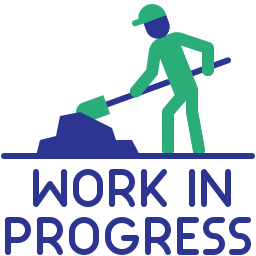
New Website Coming Soon!

We are currently working on a new site with Come back soon to check it out!

Help us create a better future for children
The Barwon Infant Study (BIS) is a major birth cohort study that has been running since 2010 out of the Child Health Research Unit (CHRU) at Barwon Health and in collaboration with the Murdoch Children’s Research Institute (MCRI) and Deakin University.
We thank all of our participants for your continued involvement and support, allowing our BIS researchers to answer the important questions about child development and discover new and exciting ways to improve our health. With over 1000 participants since birth and no new recruitment since 2013, our participants are the most valuable ‘tool’ in improving the health outcomes in children.
Postal Address:
Barwon Infant Study
Child Health Research Unit, Barwon Health
PO Box 281, Geelong VIC 3220
We are located at:
Child Health Research Unit, Barwon Health
Level 2 , HERB B Building (behind Kitchener House)
285 Ryrie St, Geelong VIC
Contact Us:
Email: bis@barwonhealth.org.au
Phone: 0400 432 976
Follow Us On Facebook:
Stay up to date on all the latest BIS news, Primary School Review updates and more.
